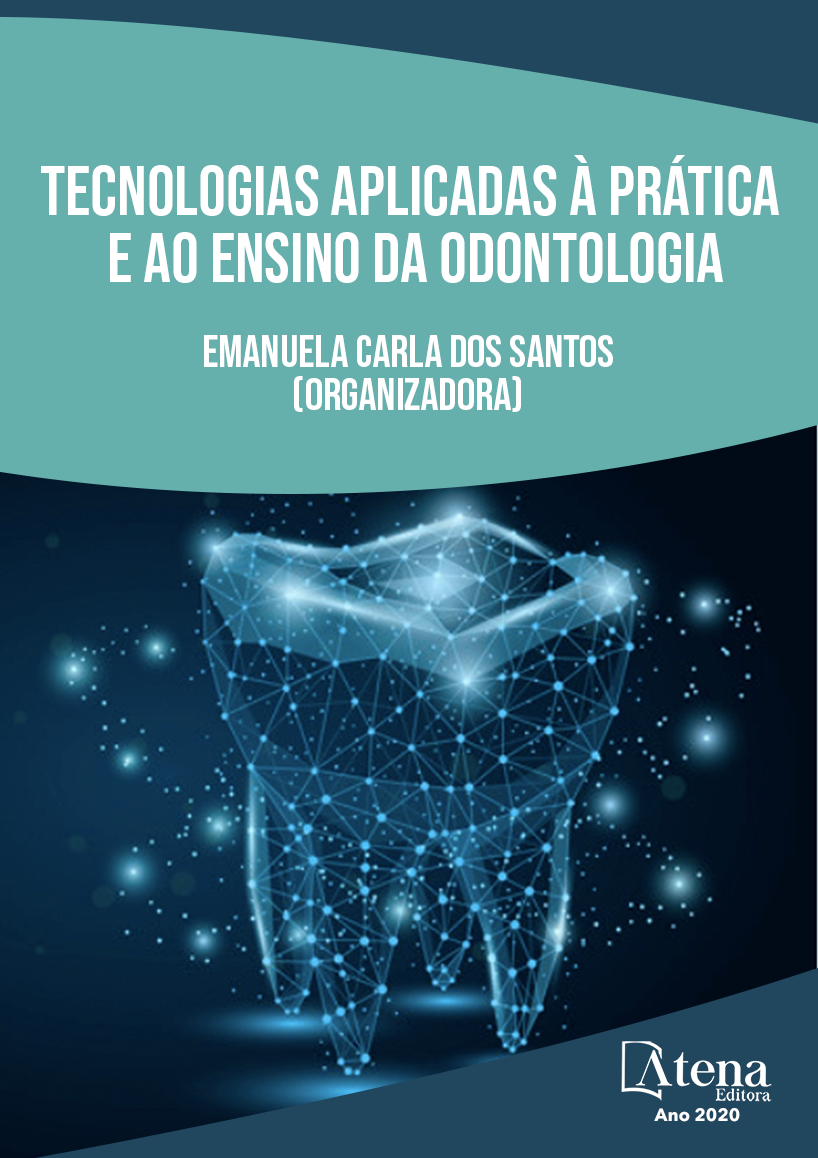
AVALIAÇÃO DO CONHECIMENTO E CONDUTA DE PROFESSORES EM CASOS DE AVULSÃO DENTÁRIA ANTES E APÓS ATIVIDADES DE CAPACITAÇÃO
Objetivo: Avaliar o conhecimento e a conduta de professores de escolas particulares antes e após capacitação sobre a avulsão dental. Metodologia: Esse estudo de intervenção do tipo ensaio comunitário foi realizado em escolas particulares da região metropolitana do Recife/PE. Um formulário foi aplicado a 74 professores de ensino infantil e fundamental I e, logo em seguida, foi realizada a capacitação dos mesmos por meio de aula expositiva e entrega de folheto explicativo e ilustrado sobre os primeiros socorros em casos de avulsão dental. Passado um mês da capacitação, foi reaplicado o formulário aos mesmos professores capacitados. Os resultados foram expressos por meio de freqüências absolutas e relativas, sendo usados os testes de qui-quadrado de Pearson e exato de Fisher. Resultados: com relação ao conhecimento sobre avulsão, sobre o que o professor faria se tivesse pego um dente, antes da capacitação, 63% limparia com água ou algum líquido e após 82,4%; “Se um aluno lhe procurasse com um dente avulsionado na mão, para onde você o levaria?” na primeira avaliação 65,8% levaria ao dentista e na segunda avaliação 80,8%; 85,1%, na primeira avaliação, iria procurar ajuda imediatamente e na segunda avaliação 97,3%; 17,6% dos professores, na primeira avaliação, afirmaram ser capazes de reimplantar um dente avulsionado e após a capacitação 48,6%; “Se você não decidisse reimplantar o dente, qual meio você usaria?” na primeira avaliação 9,6% respondeu leite e após a capacitação o percentual aumentou para 70,3%. Conclusão: Os educadores entrevistados demonstraram pouco conhecimento sobre o tratamento de urgência em casos de avulsão dental antes da capacitação. Com a capacitação houve uma melhora significativa do conhecimento. Para a maioria das variáveis pesquisadas foi observada significância estatística.
AVALIAÇÃO DO CONHECIMENTO E CONDUTA DE PROFESSORES EM CASOS DE AVULSÃO DENTÁRIA ANTES E APÓS ATIVIDADES DE CAPACITAÇÃO
-
DOI: 10.22533/at.ed.7282005069
-
Palavras-chave: Avulsão dentária; Reimplante dentário; Traumatismo dentário.
-
Keywords: Tooth avulsion; Dental replantation; Dental trauma.
-
Abstract:
Objective: to analyze the knowledge and conduct of private school teachers before and after training on dental avulsion. Material and methods: this intervention study is of the community trial type and was carried out in private schools in the metropolitan region of Recife / PE. A form was applied to 74 early childhood and elementary school teachers and, shortly thereafter, their training was carried out through an expository class and the delivery of an explanatory and illustrated leaflet on first aid in cases of dental avulsion. After one month of training, the form was reapplied to the same trained teachers. The results were expressed using absolute and relative frequencies, using Pearson's chi-square and Fisher's exact tests. Results: regarding knowledge about avulsion, about what the teacher would do if he had taken a tooth, before training, 63% would clean it with water or some liquid and after 82.4%; "If a student came to you with an avulsed tooth in his hand, where would you take him?" In the first evaluation 65.8% would take him to the dentist and in the second evaluation 80.8%; 85.1% in the first assessment would seek help immediately and in the second assessment 97.3%; 17.6% of teachers, in the first evaluation, stated that they were able to reimplant an avulsed tooth and after training 48.6%; "If you did not decide to reimplant the tooth, which way would you use it?" In the first evaluation 9.6% answered milk and after training the percentage increased to 70.3%. Conclusion: The interviewed educators demonstrated little knowledge about emergency treatment in cases of dental avulsion before training. With the training, there was a significant improvement in knowledge. For most of the researched variables, statistical significance was observed.
-
Número de páginas: 28
- Adriane Tenório Dourado Chaves
- Gabriela Almeida Souza Leão Simonton
- Marcelo Soares dos Santos
- Ana Cláudia Amorim Gomes


